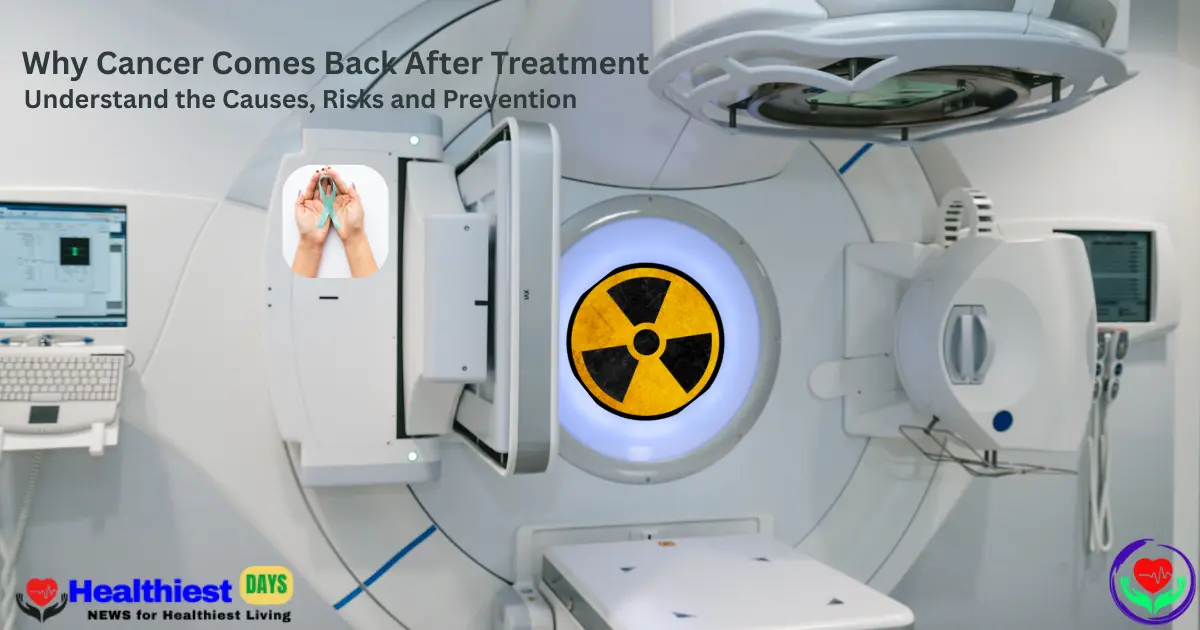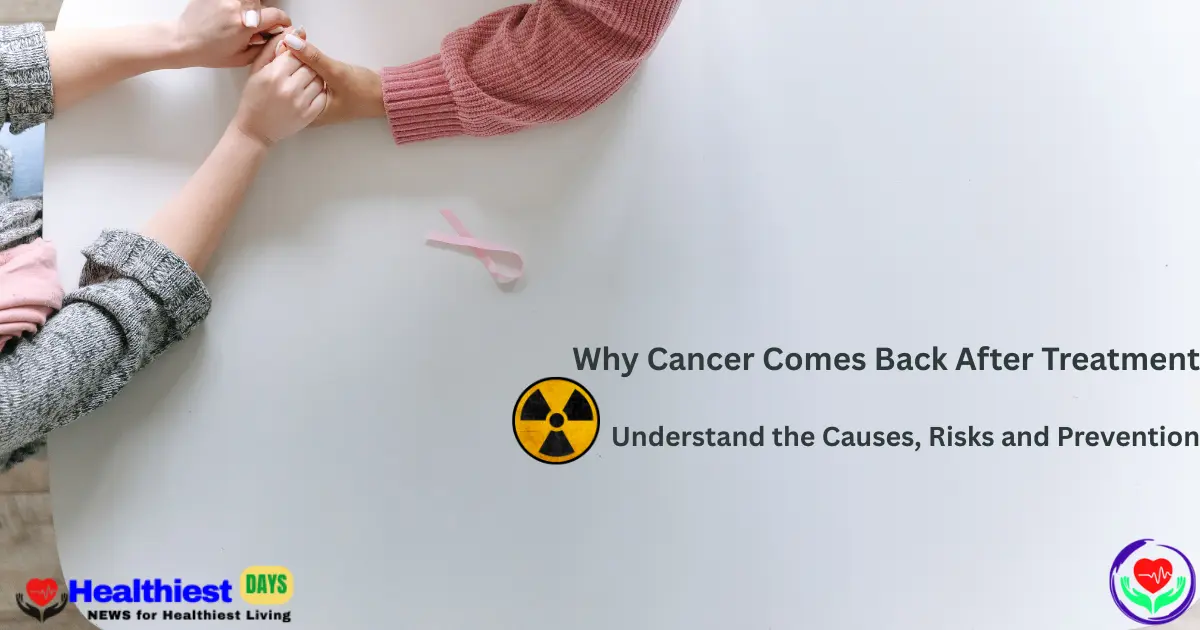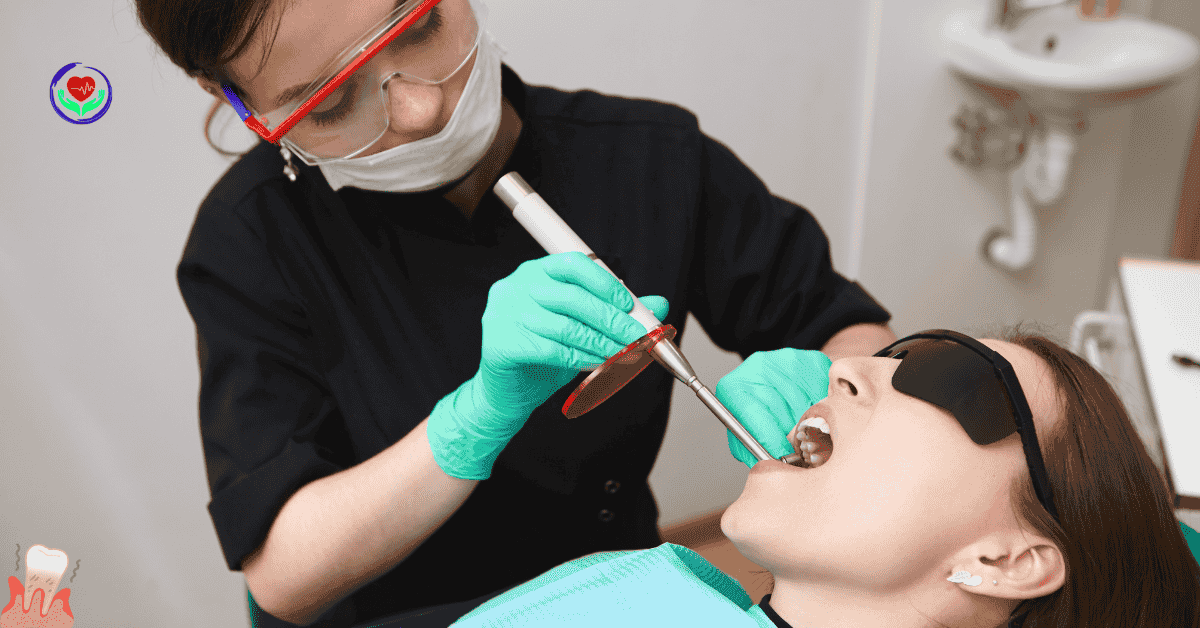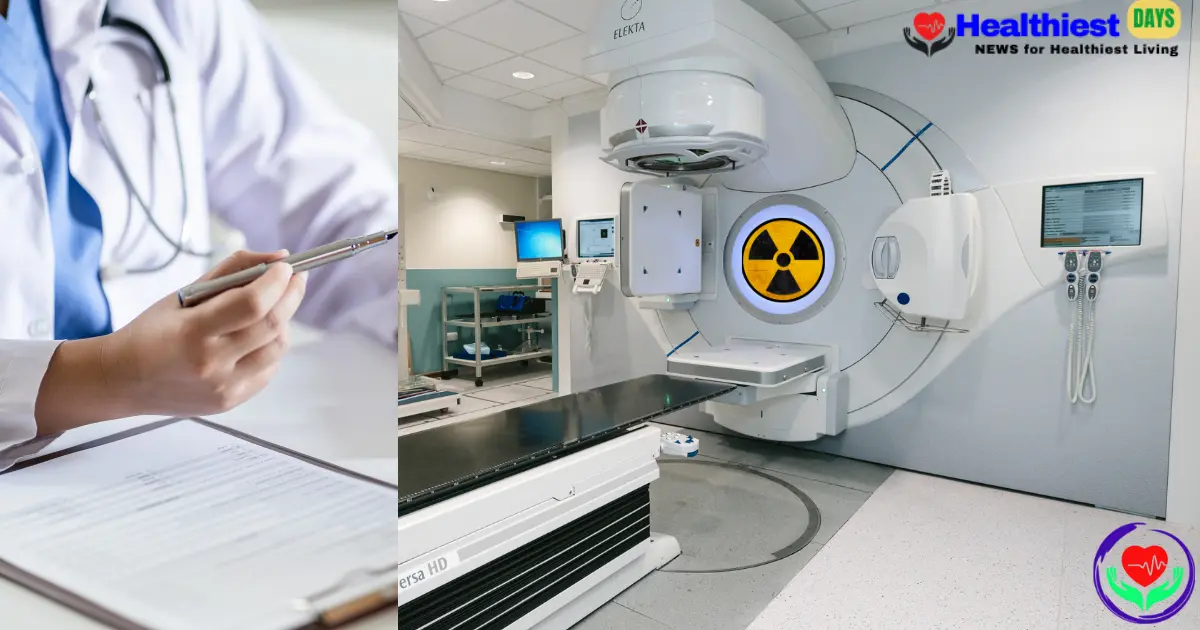Why Does Cancer Recur After Treatment?
The most heartbreaking experience for patients and their families is hearing that, unfortunately, cancer has returned after it was thought to be completely cured. Recurrence is not uncommon, even after seemingly successful treatments like surgery, chemotherapy, or radiation. But the question of why cancer comes back after treatment is a complex one involving biology, genetics, immune response, and treatment limitations.
Here in this in-depth guide post, we’ll explore:
- How and why cancer return after treatment
- The difference and relation between recurrence, metastasis, and relapse
- Symptoms that cancer is coming back
- Recurrent cancer rates of survival
- How to lower your risk of returning cancer after surgery or treatment
- Best approaches in treating recurring cancer
Let’s break it down here with medical evidence, patient experiences, and expert insights.
What Is Cancer Recurrence?
It is worth knowing that cancer recurrence mostly happens when cancer returns after a period of remission. Basically cancer is an uneven distribution of cells, and it may happen in the same location or a different part of the body. Also, recurrence doesn’t mean that your treatment failed—it often means that some microscopic cancer cells survived and later grew again.
Three Types of Recurrence:
| Type | Definition |
| Local recurrence | In it Cancer returns to the original site |
| Regional recurrence | It spreads to nearby lymph nodes or tissues |
| Distant recurrence (Metastasis) | It spreads to far distant organs like the lungs, liver, brain, or bones |
Can Cancer Return After Being Treated and Cured?
Unfortunately, the answer to this question is yes. Even if a patient is cured and is in complete remission, cancer can come back months or even years later.

Medical Insight:
Some medical studies show that dormant cancer cells (called minimal residual disease) may stay hidden in the body, evading treatments. These partially active cells can later reactivate due to changes in the immune system, inflammation, or other unfortunate triggers.
“Cancer recurrence is not always due to medical error—it’s often biology. Some cells simply survive undetected.”
— Dr. William Li, MD, Cancer Researcher
Why Cancer Comes Back: 7 Key Causes
Here in this area of research you will get yourself informed about the most common medical explanations for recurrence:
1. Microscopic Residual Cells Survive
It is unfortunate that even the best treatments by a highly professional team might miss a few cells.
2. Cancer Stem Cells
Some of the resilient cells can regenerate tumors and resist chemotherapy.
3. Genetic Mutations
It is noticed that cancer can mutate and adapt, becoming resistant to treatment over time.
4. Weakened Immune Response
A weakened immune response due to stress, poor sleep, chronic inflammation, or infection may impair the body’s ability to keep residual cells in check.
5. Aggressive Tumor Type
Some of the cancer cells are high-grade or fast-growing and are more likely to recur.
6. Incomplete Surgical Margins
It is stressful that even after the best professional treatment, if cancer wasn’t entirely removed during surgery, it might regrow.
7. Skipping Follow-Up Appointments
Aware of the fact that aftercare is the key to successful cases, delayed scans or missed post-treatment care can allow unnoticed regrowth.
Signs and Symptoms Cancer Is Coming Back
You should never self-diagnose but should know and be able to notice a few signs and symptoms. Here are some early signs cancer may be returning:
- Sign of fatigue that worsens without explanation
- Unexplained loss of weight
- Symptom of new or growing lumps
- Feel pain that doesn’t go away
- Coughing or difficulty in breathing (if lungs are involved)
- Blood in stool or urine
- Neurological symptoms (confusion, dizziness)
If you’ve completed the treatment and experience any of these symptoms, don’t self-diagnose it because you are not the expert; instead, contact your oncology team right away without any delay.
Recurrent Cancer Rate of Survival: What the Data Says about
It is quite natural that survival varies by cancer types, stages, and treatment options.
Typical Survival rates may be
| Cancer Type | 5-Year Survival After Recurrence |
| Breast cancer (local recurrence) | 80%+ |
| Colon cancer (local recurrence) | 50–70% |
| Lung cancer (distant recurrence) | <10% |
| Ovarian cancer (recurrent) | 30–50% |
| Melanoma (distant recurrence) | 25–40% |
“Survival rates are improving thanks to personalized treatments, immunotherapy, and better monitoring.”
— Dana-Farber Cancer Institute
Know the Difference: Cancer Remission vs. Relapse
Cancer remission and relapse are different terms; here in this table you will be able to differentiate between these two.
| Term | Meaning |
| Remission | In this there are no visible cancer signs, and can be partial or complete |
| Relapse | In this there are no visible cancer signs; and can be partial or complete |
Important:
Remission does not mean being “cured.” Many doctors prefer it, saying “NED”—No ”Evidence of Disease—because some of the cells may still be partially alive in the body but not cured completely.
How Long Before Cancer Returns?
The answer to this question is quite confusing: there is no fixed time. Some cancers may return in 6 months, others after 5+ years; no one knows the exact duration. Here in the table below, based on experiences, approximate average time to recurrence and cancer type are mentioned:
| Cancer Type | Average Time to Recurrence |
| Breast cancer | 2–5 years |
| Prostate cancer | 3–10 years |
| Leukemia | Within 2 years |
| Colon cancer | Most in 2 years |
| Melanoma | Can recur even after 10 years |
Risk of Cancer Return After Surgery
It is not the surgery alone that guarantees a perfect cure. Many cancer patients also require radiation, chemo, or immunotherapy. Recurrence risk may increase if:
- Lymph nodes were positive
- The tumor had aggressive characteristics
- Margins were unclear (cancer not completely removed)
How to Reduce the Risk of Cancer Recurrence
It is professionally accepted that you can’t eliminate risk completely, but you can make it reduce. The journey to elimination is following a few routine guidelines consistently:
Medical Follow-Up
- Regular scans, blood tests (like tumor markers)
- Report new symptoms/signs early
Healthy Lifestyle
- Eat antioxidant-rich foods regularly (cruciferous vegetables, berries)
- Avoid consumption of processed foods, alcohol, and red meats
- Regular exercise, even for few minutes
Mental Health
- Stress management, avoid tension, anxiety, depression (yoga, therapy, support groups)
- Sleep at least 7 hours a day
Supplements & Research Trials
- Consume safe supplements like vitamin D and cur-cumin as discussed with the oncologist.
- Ask about clinical trials or maintenance therapy
Treatment for Recurring Cancer
Your oncologist may suggest the following to reduce recurring cancer:
- Second-line chemotherapy
- Targeted therapy (e.g., for HER2-positive breast cancer)
- Immunotherapy (for melanoma, lung, etc.)
- Radiation (especially if not used earlier)
- Palliative care for symptom relief
Final Thoughts: Living Beyond Recurrence
It is overwhelming to hear that you are going to face cancer again, but medicine continues to evolve from time to time and innovate day by day, so there is no need to panic at all. With early detection, personalized therapies, and supportive aftercare, many people survive and live long and meaningful lives even after recurrence. You just need to be calm and have faith.
Medical Disclaimer
This article, published on healthiestdays.com, is for informational purposes only. Always consult a licensed consultant or professional healthcare provider for medical guidance. Cancer recurrence is very complex, yet curable, and individual outcomes may vary from patient to patient.
FAQs About Cancer Recurrence
1. Can cancer return even after 5 years?
Yes, it is possible. Some types, like melanoma or breast cancer, can recur even after 10 years.
2. Is a relapse the same as a recurrence?
Often, they’re used interchangeably, but relapse typically means disease reactivation in blood cancers.
3. What are the possible chances that cancer will reccur?
Well, it all depends on the type, stage, treatment, and individual health condition. Some have less than 5% risk; others have up to 50% risk.
4. Can changes in lifestyle prevent recurrence?
Somewhat yes, they can help reduce risk but are not guaranteed.
5. Are there blood tests to detect recurrence?
Yes, there are few tests to detect it. Tumor markers (like CA-125 and CEA) and scans are used.
6. Can immunotherapy prevent recurrence?
In some cancers, yes—especially in the case of melanoma and lung.
7. Can you be cured after a recurrence?
Sometimes it can be cured, especially if it’s local and caught early.
9. What should I do after remission to stay healthy?
You need to follow up on care, exercise, eat well, manage stress, and stay informed to stay healthy.








